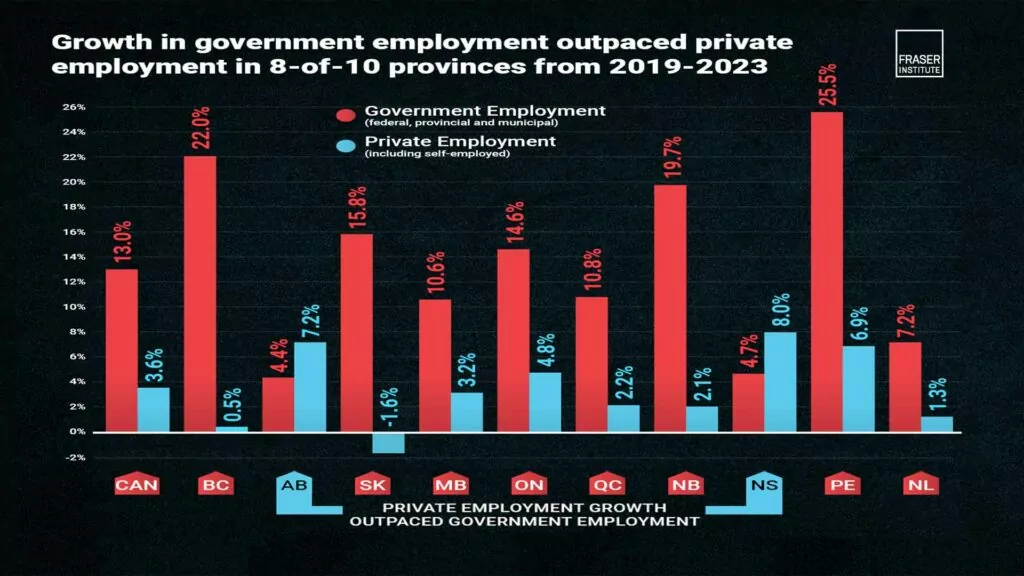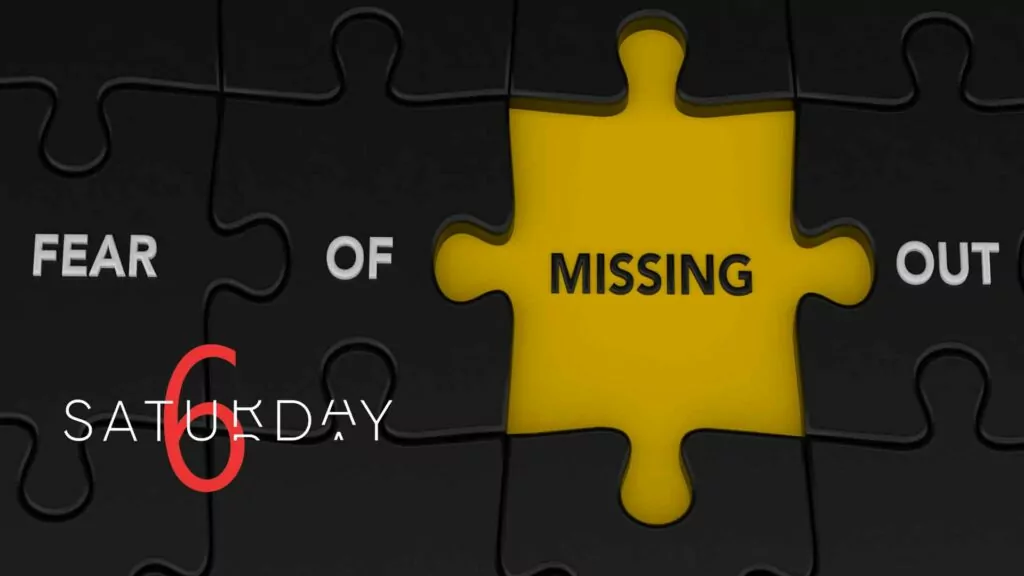
News
Married = less likely to be depressed
Want to reduce your chances of being depressed? Get married!
Well, maybe not so fast, but a recent study in Nature Human Behaviour did find that married and cohabitating couples are less likely to be depressed. They looked at more than 100,000 participants across the USA, the UK, Mexico, Ireland, Korea, China, and Indonesia, and found that those who did not live with a partner had a higher chance of depression, a finding that researchers suggest might be due to more social support, more access to economic resources, and the positive influence of spouses on each other.
As marriage is declining in our society, this study offers a clue into why depression rates have simultaneously been climbing. It’s not surprising that healthy relationships are beneficial for mental health, but the number of Canadians in these close relationships is declining. Data from Cardus’s Canadian Marriage Map show a steady decrease in the percentage of married couples from 1981-2021. While the percentage of common-law relationships has grown during the same period, the overall percentage of people in either married or common-law relationships has declined slightly as well. In particular, the data shows a steady rise in Canadians aged 20-34 who are not married or common-law, demonstrating younger Canadians are less likely to be experiencing the benefits of these close relationships.
As Christians, we might be uncomfortable that the Nature Human Behaviour study lumped cohabitating couples in with married couples, but we can still see here that even “marriage-like” relationships demonstrate the great blessings that God built into the institution of marriage. These relationships still point to why God created marriage as a good thing. Just as Adam knew that being alone in the garden was not quite right, many people also experience that doing life alone is difficult. Unfortunately, so many nowadays are hesitant to enter into this commitment, often as a result of the troubled relationships they see around them. Here Christians can take a role in inviting others to witness the radical vulnerability and respect that a God-directed marriage can demonstrate.






























